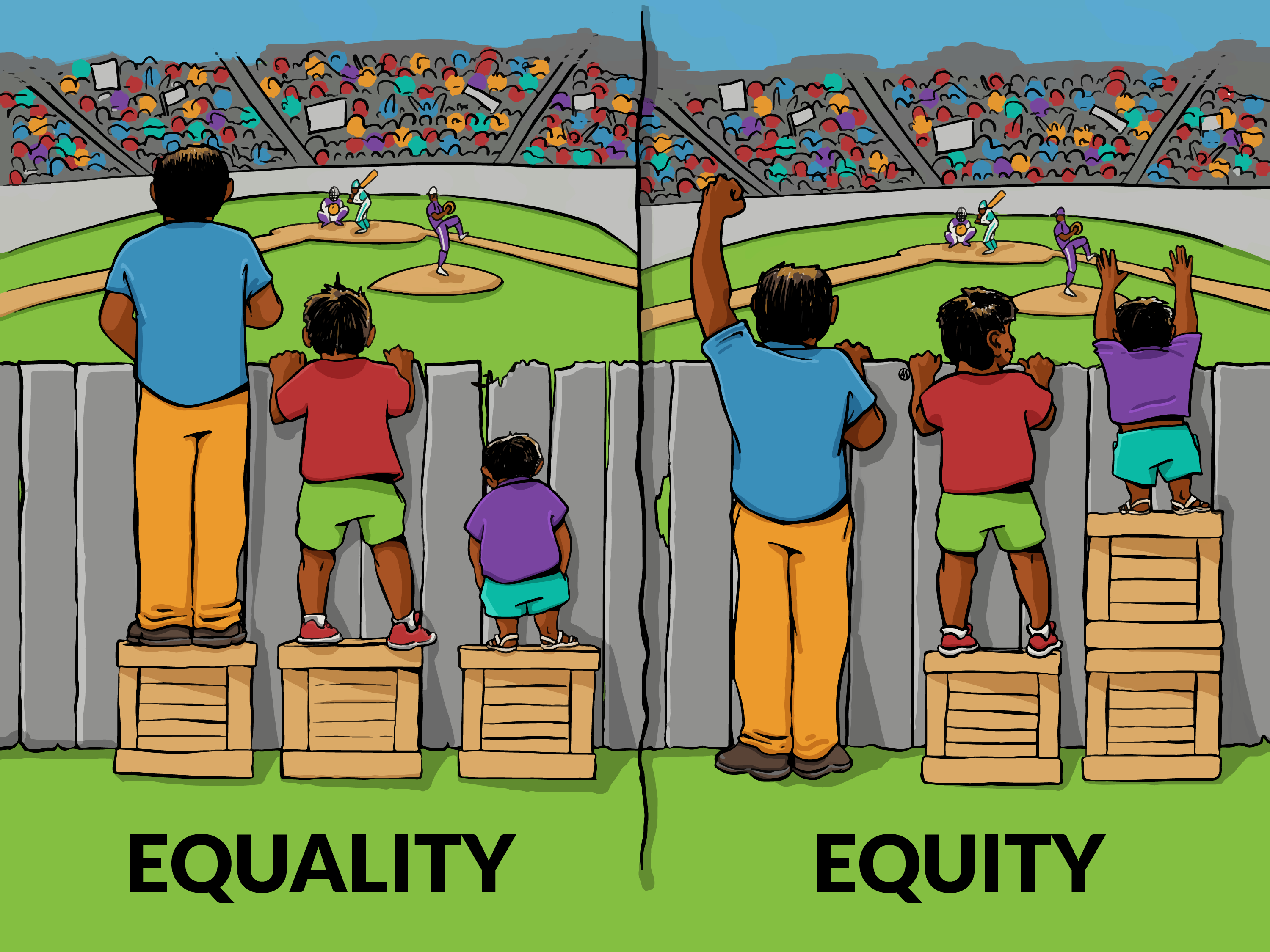Equity is one legal subject that is easy to study (also, difficult to score in). One week before our mid-semesters, after a preliminary session on bothering to glance through the roughly made notes of what the teacher had taught in the 20 hours of lectures, equity is one subject that you catch on with quickly.
Equity is a wide concept without a specific boundary but guided by what are known as the maxims of equity. The maxims of equity are legal maxims which serve as a collection of general principles or laws which are said to regulate the way equity functions. By comparison to common law, they seek to highlight the virtues of equity as a more versatile, sensitive approach to the individual's needs, willing to take into account the actions and conduct of the parties. These concepts were evolved by the Chancery Courts in England. If you are interested to take a peek at how the Chancery Courts worked, you should check out Bleak House by Charles Dickens.
There are 12 maxims of equity, and when I list them out here you'd know why I said they were the easiest.
1. Equity will not suffer a wrong without a remedy.
2. Equity follows the law.
3. Where there is equal equity, the law shall prevail.
4. Where the equities are equal, the first in time shall prevail.
5. He who seeks equity must do equity.
6. He who comes into equity must come with clean hands.
7. Delay defeats equities.
8. Equality is equity.
9. Equity looks to the intent rather than the form.
10. Equity looks on that as done which ought to be done.
11. Equity imputes an intention to fulfill an obligation.
12. Equity acts in personam.
Did any of that need explaining? I'm guessing, not at all. Equity was one subject that we learnt, and then could jokingly use those maxims in day to day life. They make so much sense, and they are something that every prudent man knows. To express in an oversimplified manner: while the common law sticks to the rigidity of the structural and procedural technicalities, equity stresses on what you could classify as using common sense to decide whether the actions of the parties were fair or not.
In India, law is equity, and equity is law. They go hand in hand. We do not have separate courts of equity, neither do we have separate laws to govern equity. Our courts are in themselves believed to imbibe equity in the judgments, and our law is also considered to be equitable.
Wouldn't it be an interesting pursuit to observe the actual implications of equity on a rigid law!

No comments:
Post a Comment
Thank you for your comment! If you enjoyed reading my blog, you can subscribe to read in your inbox! Cheers!